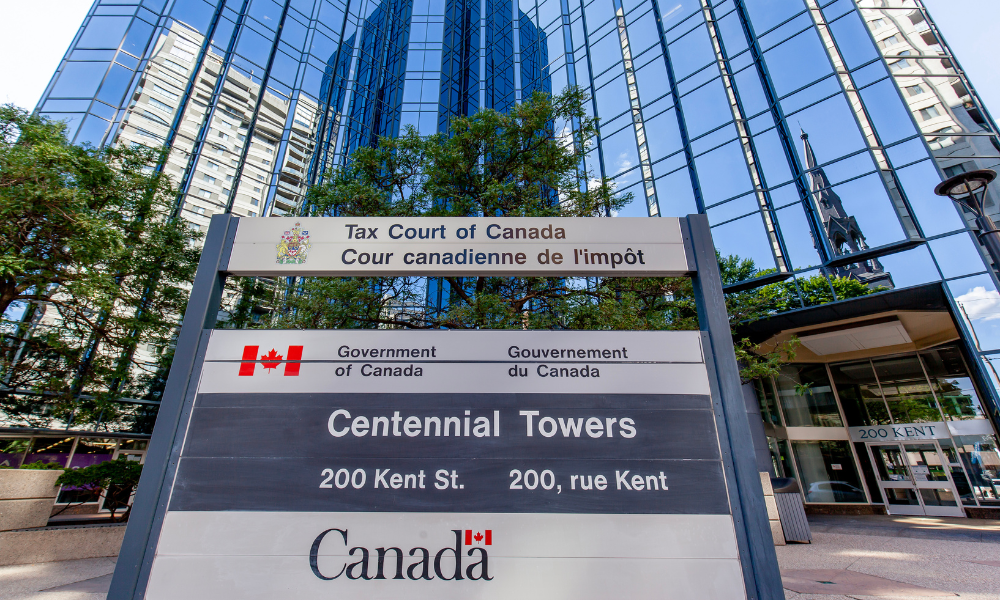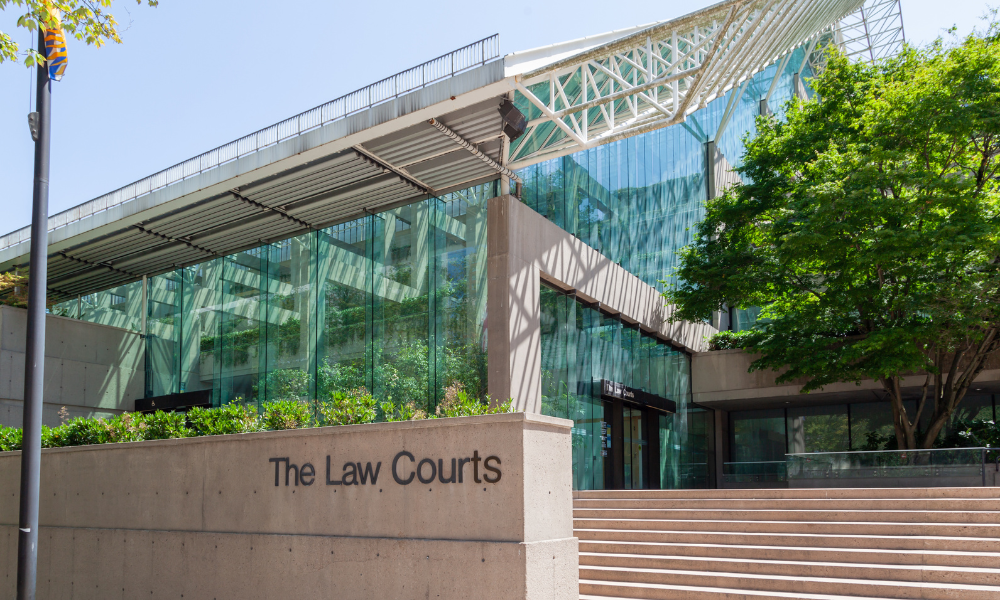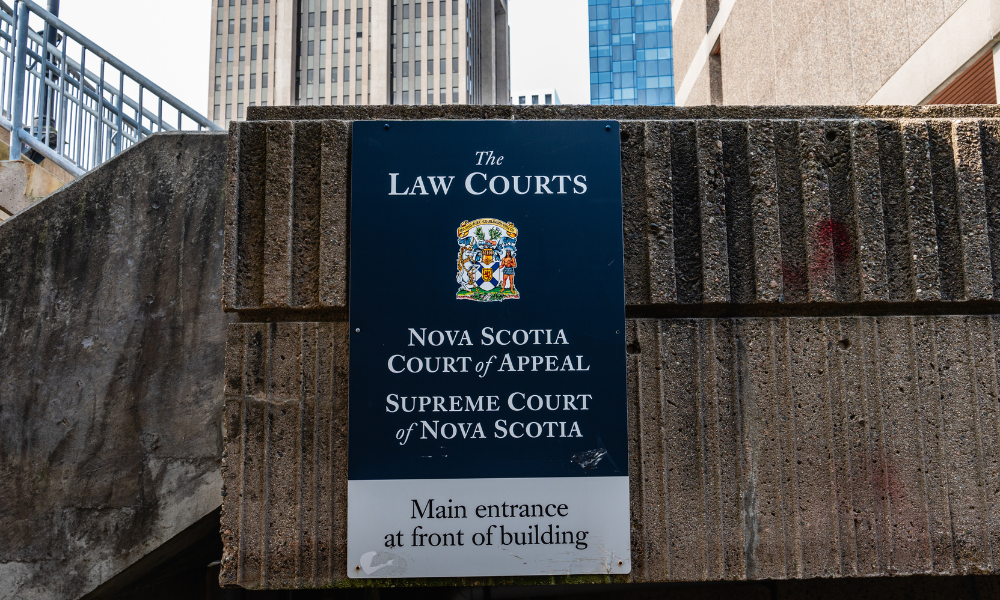His conduct was 'detrimental and unbecoming' but did not justify a personal costs award: court

In a recent ruling that arose from a trademark and copyright infringement dispute, the Federal Court resolved the defendant’s motion for increased costs due to the conduct of the plaintiff's counsel.
The defendant initially sought costs totalling $67,342.50, later updated to $86,546.60, citing the complexity of the case and the plaintiff’s counsel's conduct as factors that unnecessarily increased costs. The motion, grounded in Rule 404 of the Federal Courts Rules, sought a significant portion of costs against the plaintiff’s counsel personally.
The case revolved around allegations by the plaintiff that the defendant had misused a trademark and infringed copyright in product photographs. Despite a case management conference and orders setting timelines, the plaintiff failed to comply with court directives, leading to the action’s dismissal for delay and inactivity.
The defendant's argument for increased costs highlighted the case's complexity and the one-sided effort in moving the action forward, contrasting the plaintiff's minimal document production with their extensive efforts. The defendant also criticized the plaintiff’s counsel for lack of cooperation and communication, leading to further delays and costs.
On the other side, the plaintiff argued the proceeding was not complex and that the defendant's approach to document production was excessive. They contended that their motion to set aside the dismissal order, while ultimately unsuccessful, was a legitimate effort to advance their case and should not result in penalization.
The court, guided by principles aimed at compensating the opposing party, promoting settlement, and deterring abusive behaviour, carefully considered the defendant's request for costs against the plaintiff’s counsel. The Supreme Court of Canada’s high threshold for awarding costs personally against a lawyer for actions that undermine the court's authority or interfere with justice administration was a pivotal factor in the court’s deliberation.
Ultimately, the Federal Court found that the plaintiff’s counsel's conduct, though “admittedly detrimental and unbecoming”, did not meet the threshold for a personal costs award under Rule 404. The court noted a lack of detailed evidence supporting the defendant’s claimed costs, emphasizing the need for a Bill of Costs and evidence demonstrating fees incurred in seeking a lump sum award.
Despite acknowledging the defendant’s greater efforts in litigation, the court recognized that dismissing the action granted the defendant a favourable outcome without necessitating further action on their part. Considering these factors, the court awarded costs at the high point of Column IV of Tariff B, balancing the need to compensate the defendant while reflecting on the proceedings' overall conduct.










